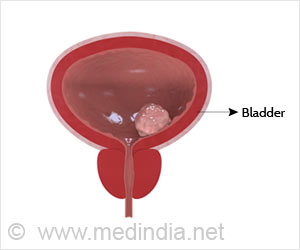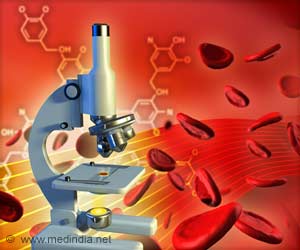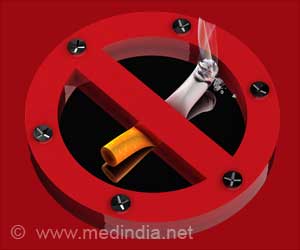A report published in The Lancet has implicated a defective gene called Chek2 in the development of breast cancer in women who have relatives with the same condition.
A report published in The Lancet has implicated a defective gene called Chek2 in the development of breast cancer in women who have relatives with the same condition. It is generally accepted among researchers that the faulty gene increases the risk of developing breast cancer twice over. But the new research says that a variant of the gene could be responsible for placing relatives at risk as well. In the current study, researchers at the London School of Hygiene and Tropical Medicine tracked 469 patients with bilateral breast cancer for the Chek2 gene variant. They then monitored the risk in first-degree relatives of carriers and non-carriers.
They found that relatives of the women who had bilateral breast cancer and a normal Chek2 gene had a 23.8 percent risk of developing cancer as compared to the accepted risk of 7.9 percent. However, women who had relatives with bilateral breast cancer plus had the defective Chek2 gene had a risk of 58.8 percent by the time they reached 80 years of age. The variant or the mutant form of the Chek2 gene has been called Chek2*1100delC. 'Roughly 2,000 bilateral breast cancer cases are diagnosed in the UK every year, of whom 2% are carriers of Chek2*1100delC. Testing for Chek2*1100delC in women with a family history of breast cancer, especially those with a bilaterally affected first-degree relative, could be clinically useful for predicting personal risks,' said Olivia Fletcher, a member of the team of researchers which was lead by Professor Julian Peto.










